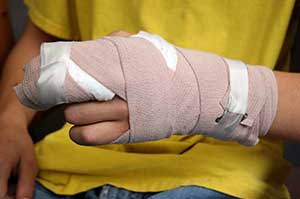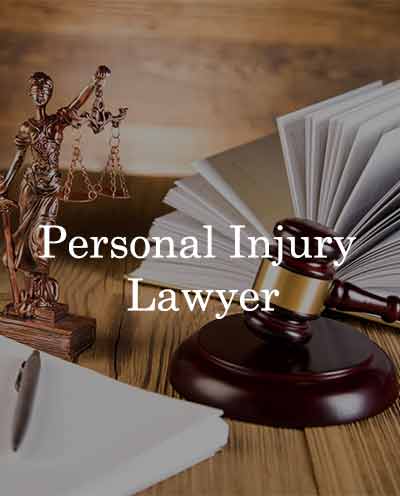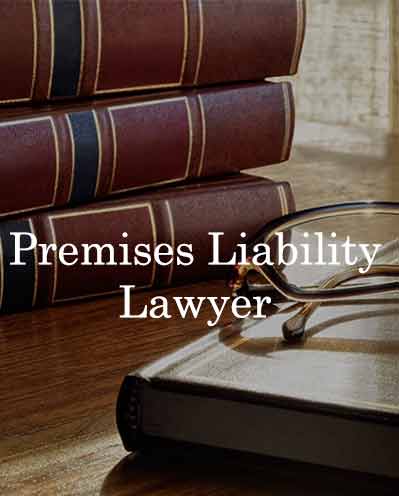What Are The Degrees of Burn Injuries?
Burns are classified into three primary degrees based on their severity:
First-degree burns: They affect only the top layer of skin and are typically less severe, often treatable at home.
Second-degree burns: These injuries damage both the top skin layer and the layer beneath, more serious and might need medical attention. Blisters and potential scarring are common with these burns.
Third-degree burns: The most severe, affecting deep skin and tissue layers, potentially leading to nerve damage and often requiring skin grafts.
Common Causes of Burn Injuries
Burn injury cases originating from many types of accidents.
Common causes of burn injuries are:
– Vehicle accidents
– Exposure to harmful chemicals
– Hot liquids
– Building fires
– Instances of nursing home neglect and abuse
– Explosions due to flammable liquids
– Accidents in construction sites
– Defects in products
– Industrial accidents
– Electrical malfunctions
Complications of Burn Injuries
 Burns, considered catastrophic injuries, often result in life-altering conditions and disfigurement. The skin plays a vital role in housing blood vessels, regulating body hydration, and temperature. Facial or neck burns may impede employment and social interactions, leading to confidence loss, depression, and anxiety. Psychological assistance is vital for coping with scarring and disfigurement. Deeper burns can affect muscles, bones, and organs.
Burns, considered catastrophic injuries, often result in life-altering conditions and disfigurement. The skin plays a vital role in housing blood vessels, regulating body hydration, and temperature. Facial or neck burns may impede employment and social interactions, leading to confidence loss, depression, and anxiety. Psychological assistance is vital for coping with scarring and disfigurement. Deeper burns can affect muscles, bones, and organs.
The following are some of the possible complications as a result of a burn injury:
Infections: Burn injuries are prone to bacterial infections, potentially leading to sepsis—a life-threatening condition, as the damaged skin allows easy entry for infections into the bloodstream.
Dehydration: Extensive skin damage from burns causes fluid loss, leading to dehydration. Complications include urinary and kidney issues, electrolyte-related seizures, low blood volume, and severe drops in blood pressure and oxygen supply.
Hypothermia: Extensive burns can impair the skin’s ability to regulate body temperature, causing dangerously low body temperatures.
Breathing Challenges: Lung and airway scar tissue from burns can result in breathing difficulties due to narrowed airways.
Scarring: Healed burns result in permanent scarring, often leading to physical disfigurement, bone, and joint problems due to scar tissue contraction.
Psychological Impact: Burn injuries, especially facial burns, cause severe disfigurement, leading to chronic pain, health problems, and lasting disability. Psychological effects include depression, nightmares, and flashbacks.
Contractures: Scar tissue tightening over time can cause painful movement and breathing difficulties if it affects the chest.



 Burns, considered catastrophic injuries, often result in life-altering conditions and disfigurement. The skin plays a vital role in housing blood vessels, regulating body hydration, and temperature. Facial or neck burns may impede employment and social interactions, leading to confidence loss, depression, and anxiety. Psychological assistance is vital for coping with scarring and disfigurement. Deeper burns can affect muscles, bones, and organs.
Burns, considered catastrophic injuries, often result in life-altering conditions and disfigurement. The skin plays a vital role in housing blood vessels, regulating body hydration, and temperature. Facial or neck burns may impede employment and social interactions, leading to confidence loss, depression, and anxiety. Psychological assistance is vital for coping with scarring and disfigurement. Deeper burns can affect muscles, bones, and organs.


